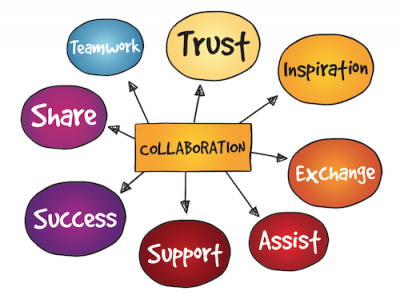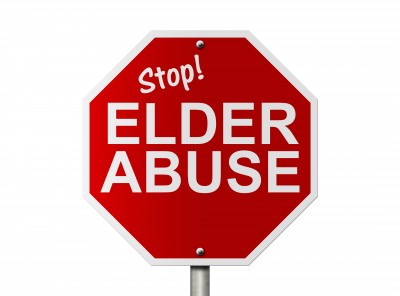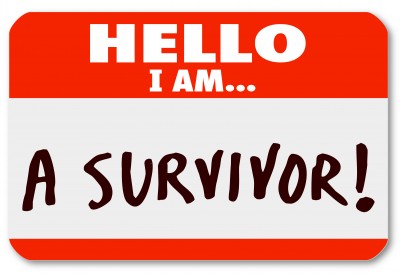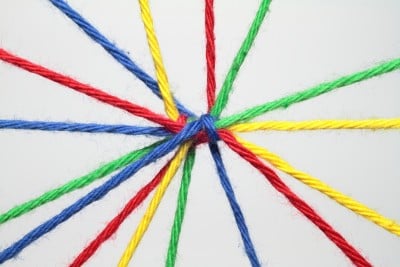Increased Risks for Hospital Patients with Dementia
About one fourth of older hospital patients have dementia. These patients are at an outstandingly higher risk than other patients for:

About one fourth of older hospital patients have dementia. These patients are at an outstandingly higher risk than other patients for:

Our hyper competitive, profit driven business world often scoffs at the idea of collaboration. I supposed I'm naive, but I want to think that those in senior care are more passionate and compassionate about working with others for the greater good. I still believe this is true for most of us. Working well with others almost always comes back to us ten fold. This is true in life and business.

Elder Abuse is a serious problem that needs more attention from lawmakers, public agencies, senior care providers, faith communities and the general public.


You've seen the inspiring T-shirts. "I'm a cancer survivor" or "I'm a heart attack survivor". I'm in search of one that says "I'm an Alzheimer's survivor".

It's a small small world in many ways. Those of us with a mission and passion to help others just seem to find each other. Caring people find connections with other caring people - it's like magic!
We all know the basics of health 101: eat well, exercise, get proper sleep. Add to that the science of social connections. One study showed that lack of social connections is a greater detriment to health than obesity, smoking and high blood pressure.
People who are connected to each others experience:
I know I'm not the only one munching on graham crackers and milk in the wee hours. For those of you who sleep like a baby and wake up refreshed and energized... well let's just say the rest of us are green with envy.